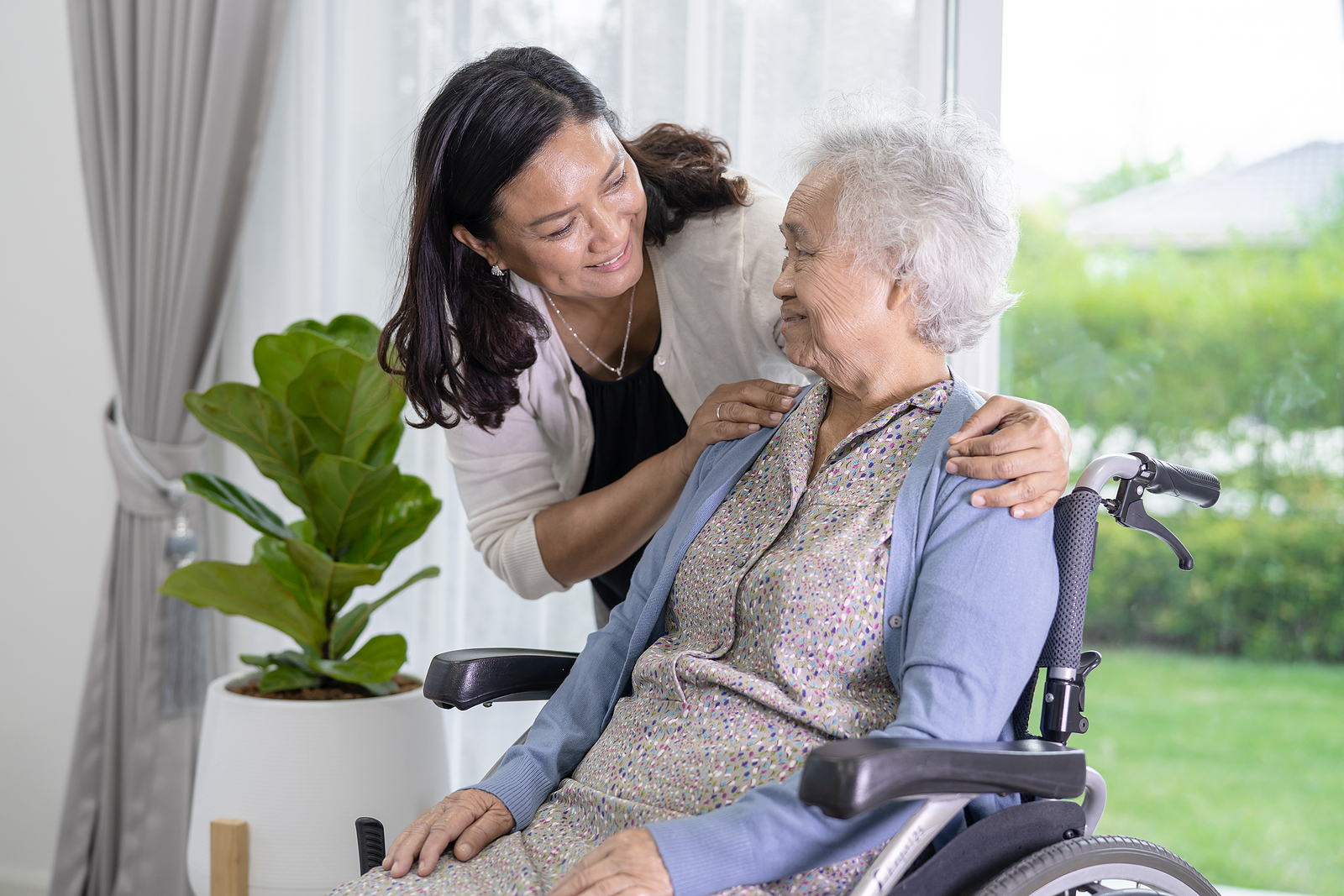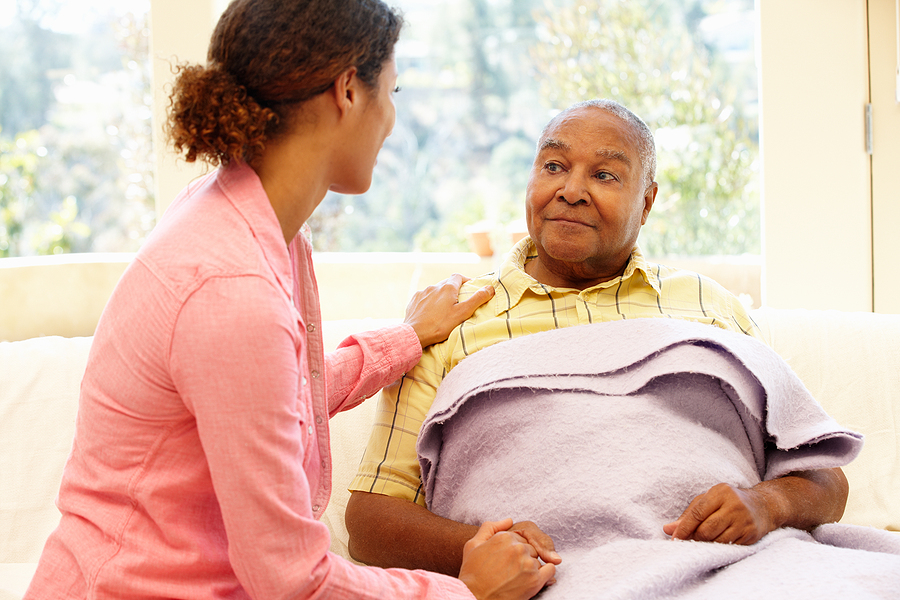
A caregiver is a person who helps an older adult diagnosed with cancer, whether it’s a friend or a family member. Usually, the primary caregiver is a spouse, parent, partner, or adult child. Close friends, neighbors, or colleagues may fill this role if the family is not around. When a senior has cancer, support is critical to the emotional and physical well-being of the patient. With cancer treatments given in outpatient centers, hiring a professional in-home care service is a good idea.
Certified caregivers have many roles that change depending on the senior’s needs during cancer treatment. In addition, in-home care experts also serve as companions and aides. They help dress, feed, and bathe older adults. This gives you time to focus on other critical aspects of treatment, like arranging schedules, providing transportation, and managing insurance issues.
If you lead a busy lifestyle, a professional in-home care provider can step in as a housekeeper, companion and mobility assistant while ensuring your loved one gets quality care. Even though caring for a cancer patient is a moral obligation, there’s a time you may need help. A trained caregiver can handle the heavy lifting, allowing you to take some time for yourself.
Know What You Can Do
As mentioned, caring for an older loved one with cancer is admirable. However, there’s a time when it can take a toll on you, regardless of your intentions. The reality is that caring for a sick senior for a long period by yourself is not realistic. Consider working with a professional to leverage the expertise and experience of dealing with a cancer patient.
Introducing in-home care to help care for your older loved one gives you peace of mind knowing your senior is getting the best help at home. Cancer is a progressive disease, and without the knowledge to detect new or pre-existing symptoms can be fatal. Alleviate the guesswork and rigorous schedule a consultation with a reputable in-home care service. You can also rely on home caregivers to access specialized equipment needed for treatment.
In-Home Care Services
Cancer no longer requires inpatient treatment since patients can receive proper care within the comfort of their homes. Hence, finding the right health and personal service goes a long way in ensuring proper recovery and mitigating advanced diseases. Trained professionals can help follow the doctor’s instructions and prescriptions to enhance recovery and improve the overall quality of life. Different diagnoses determine the type of care, which can be difficult for an untrained person to provide.
In-home care providers can help get specialized experts and compassionate care at home instead of hospitals or other facilities. This is also a cost-effective solution since all the care will be provided at home without regularly scheduled appointments.
Before you take the responsibility of caring for an older adult with cancer, consult a professional to ensure the level of quality meets the standards to improve your senior’s well-being.
URLs:
https://www.cancer.net/coping-with-cancer/caring-loved-one/tips-being-successful-caregiver
https://www.cancer.gov/about-cancer/coping/caregiver-support
If you are considering in-home care in Henderson, NV, for an aging loved one, please contact the caring staff at Golden Heart Senior Care of Summerlin. 702-800-4616.






